Home > Tennessee > Tennessee Farm to Table > Tennessee Dairy Operations Sell Milk Directly to Consumers
Tennessee Dairy Operations Sell Milk Directly to Consumers
In partnership with: Tennessee Department of Agriculture

With more people wanting to know exactly where their food comes from and who is producing it, the demand for local food has grown rapidly over the past decade. Milk is no exception to the rule.
To keep up with demand, many Tennessee dairy farmers are turning to microprocessing, which means that instead of sending the milk outside for processing and packaging, they’re doing it themselves and selling directly to consumers.
Brant Stooksbury knew he always wanted to come back to the family dairy, even after graduating college with a degree in accounting.
“I’ve spent my whole life on this dairy farm. As long as I’ve been alive, we’ve milked about 200 cows daily,” he says of his family’s farm in Jefferson City. “After I graduated in 2015, I became a full-time dairy farmer in every sense, but there’s been a decline in the dairy industry.”
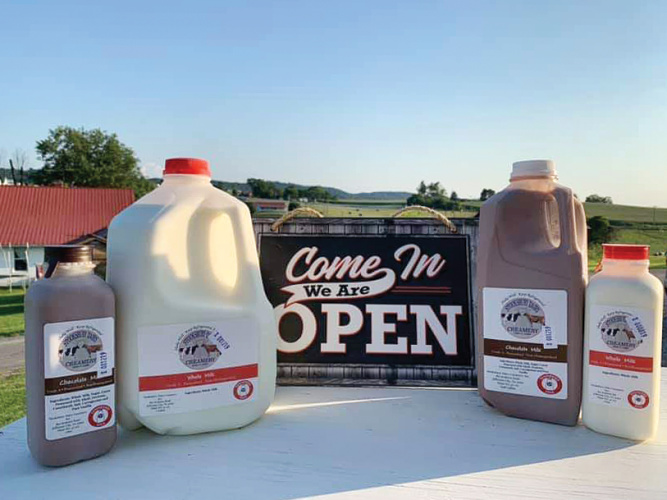
Stooksbury explains that with the market, it’s extremely hard for farmers to make a profit while running a commercial dairy.
“You’ll work yourself to death trying to make money with 200 cows, then come up short,” he says.
So, in June 2017, Stooksbury started building a processing plant for the dairy, which included a 100-gallon pasteurizer and a bottling system. It took close to two years to finalize everything, and in April 2019, he started selling milk directly to consumers.
“I have a walk-in cooler that we painted to look like a barn,” Stooksbury says. “So on Saturdays, people can come in and get their fresh milk out of a little red barn.”
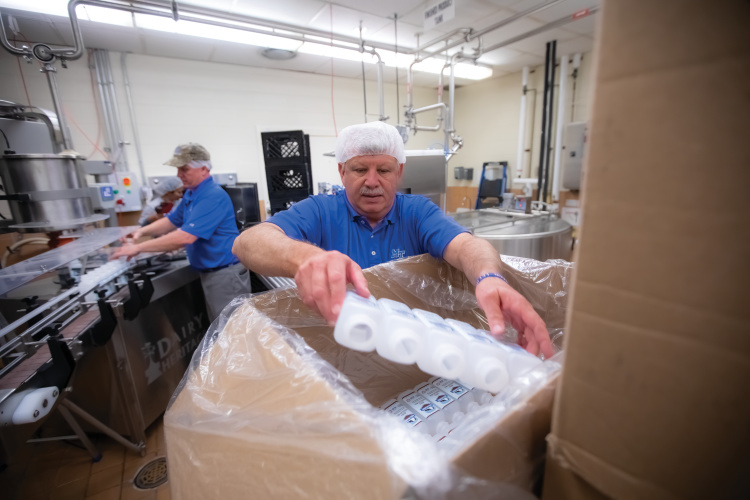
Stooksbury says that microprocessing is a lot of work, but it has helped with his farm expenses. He uses the Tennessee Milk logo on his products, which helps promote that the milk is local, even if customers aren’t familiar with the creamery. He adds that quality is still his No. 1 goal.
“I don’t take any fat out of the milk, because I believe it adds quality to the product,” Stooksbury says. “I want it to be as good as it can be, and the secret is being extremely clean with everything in the plant.”
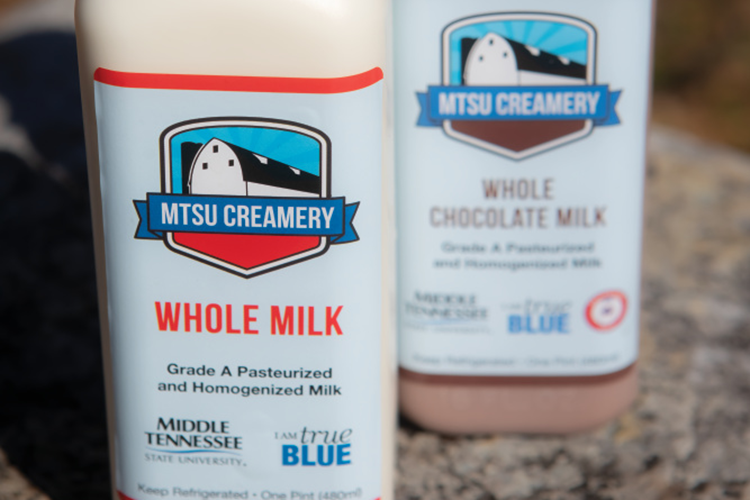
Helping the Herd
The Middle Tennessee State University (MTSU) Creamery program in Murfreesboro has been helping dairy farmers like Stooksbury for years.
The program has been a part of the agriculture department since the beginning, when the campus opened in 1911. Matthew Wade, director of MTSU Farm Laboratories, says they started the modern creamery operation in 1968. It was then that they came up with the now-famous chocolate milk recipe.
“It hasn’t changed since,” Wade says.
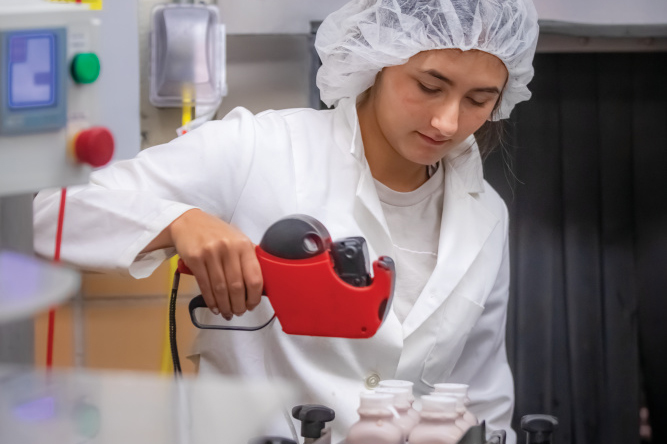
The university started bottling and selling its milk in June 2017. Wade says that while it was in response to students and alumni vying for the tasty chocolate milk, they also wanted to provide an example and educational atmosphere for local dairy farmers.
“We wanted it so that they could come and work with us in the facility and learn the processes and regulations, then take it back to their own farm and apply it,” he says. “Public outreach was a big part.”
Wade says that communication and open dialogue are crucial.
“It’s important to bring people to the farm and classroom. We also go out and talk to folks about the dairy industry. It’s a really neat thing.”
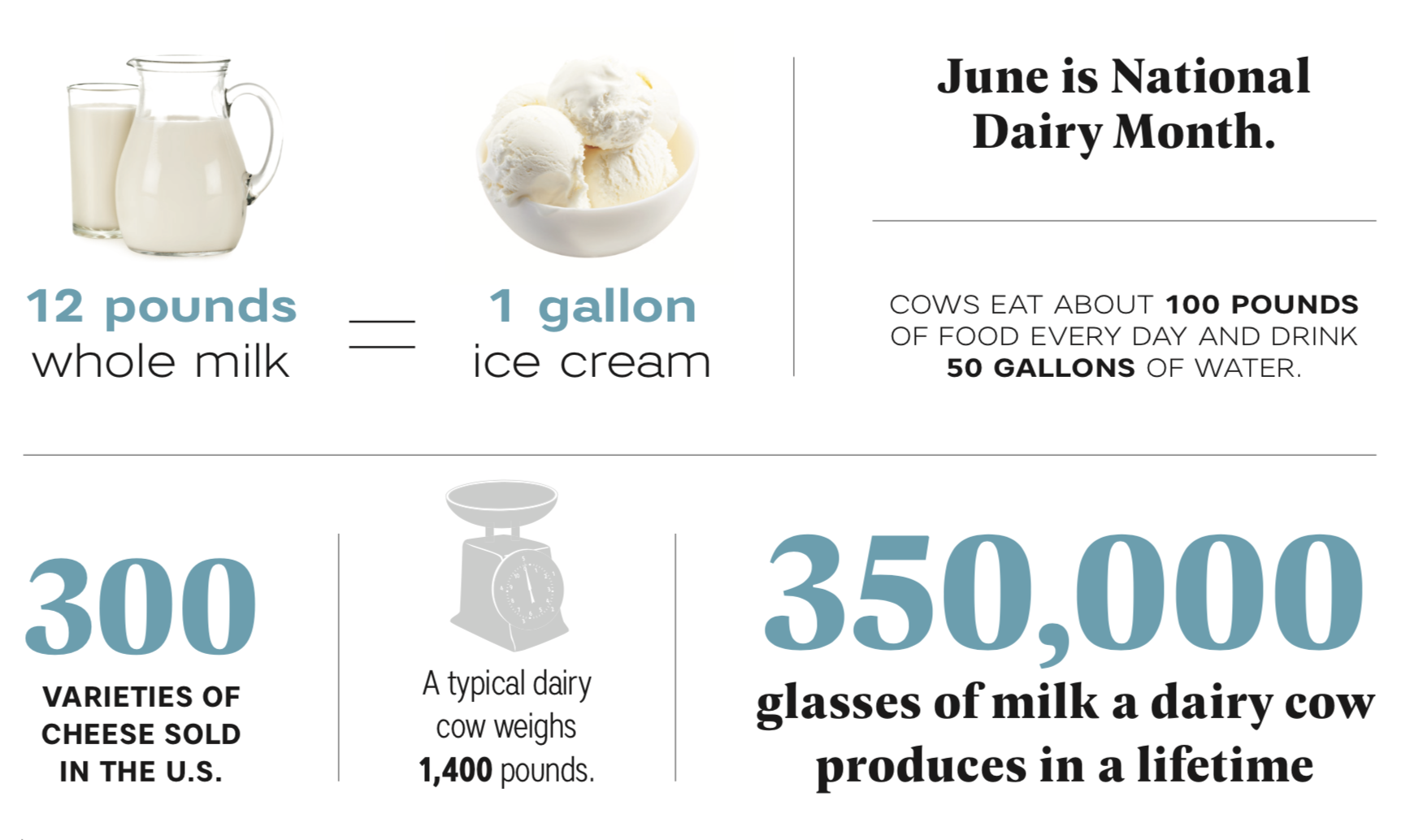




Will you help a prospective Georgia goat dairy?